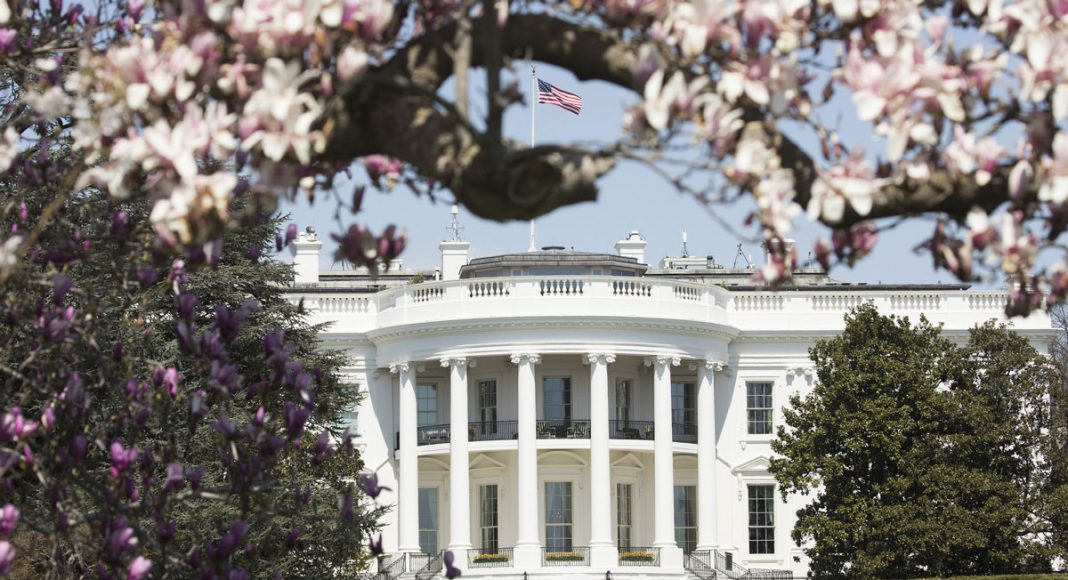OP ED: Donald Trump must answer for marijuana smear team.
When Donald Trump was elected president in November 2016, the cannabis industry assumed they had an ally heading into the White House. Mr. Trump offered the most cannabis reform-oriented rhetoric of any major party candidate in American history, favoring medical cannabis and arguing adult-use cannabis policy was a matter for the states. The cannabis industry was patient — if nervous — even as he appointed drug warrior Jeff Sessions as Attorney General and again when Mr. Sessions ultimately rescinded the Cole Memo.
Along the way, there were other concerns about how the administration would handle cannabis policy, but still the cannabis industry as well as its customers, patients, and investors had hope. However, last week Buzzfeed reported that the White House organized the so-called “Marijuana Policy Coordination Committee,” composed of “14 federal agencies and the [DEA].”
Ostensibly, the goal was to balance what the White House sees as a one-sided (read: pro-reform) debate. And in that process, it offered a damning indictment of the administration’s true perspective on the cannabis issue. The organizing memorandum noted, “[d]epartments should provide … the most significant data demonstrating negative trends, with a statement describing the implications of such trends.”
Why might the White House be moving in this direction on cannabis policy? It flies in the face of public opinion as well as the president’s promises on the campaign trail and to a senator of his own party, Cory Gardener (R-Colo.). One argument could be that the president’s base — older, white conservatives — are among those most opposed to cannabis reform. Yet, the 2016 campaign showed us that those voters did not hold Mr. Trump’s cannabis position against him.
Another alternative is that Mr. Trump truly opposes cannabis reform. If that is true, the president would be among august company. Each of his predecessors opposed cannabis reform, actively worked to undermine reform, arrested legal operators, and opposed Congressional efforts at reform (yes, even Mr. Obama). However, such an effort would be politically damaging for the president. While most Americans care about 20 or 30 or 40 other issues before they care about cannabis, what Americans don’t care for is a president or a candidate who breaks campaign promises.
Another explanation is that Mr. Trump was unaware of the formation of this Committee and did not authorize it. This is genuinely possible. A lot happens in an administration that a president never knows anything about. It’s a fact of life. The federal government is huge, and the president is only one person. The same is actually true of a White House. A lot can happen that the president doesn’t know about — especially a president who, by many accounts, is less engaged on day-to-day policy details. Because cannabis policy does not fall into the set of issues the president cares more deeply about — the broader economy, North Korea, trade policy, etc. — the issue could be staffed out. It wouldn’t surprise anyone if the White House — like many White Houses before it — is staffed with cannabis reform opponents.
Some could argue the formation of the Marijuana Policy Coordination Committee shows a president who isn’t paying attention. That would be unfair to the president, especially if staffers were purposely operating away from the president’s view. However, now the issue is out in the open, the president, if he is truly committed to his campaign promises, must aggressively denounce the Committee. He must take an additional step. He should either redesign its mission to include an unbiased, data-driven policy shop that seeks the true answer instead of a pre-determined perspective or the president can take the more assertive step of disbanding the Committee and fire whoever authorized it without his permission.
The formation of this Committee puts the spotlight on the president. He has the opportunity to show the supermajority of Americans who support cannabis reform, the hundreds of thousands of people who work in or purchase from the legal cannabis industry, and the members of his own party in Congress to whom he has pledged support for reform, that he is with them. Otherwise, the president will show the country that he was either disingenuous when he made his 2016 campaign pledges or that something has happened in the past year to change his mind. If no one pushes him to answer for this Committee now, he can bet his 2020 opponent will.


